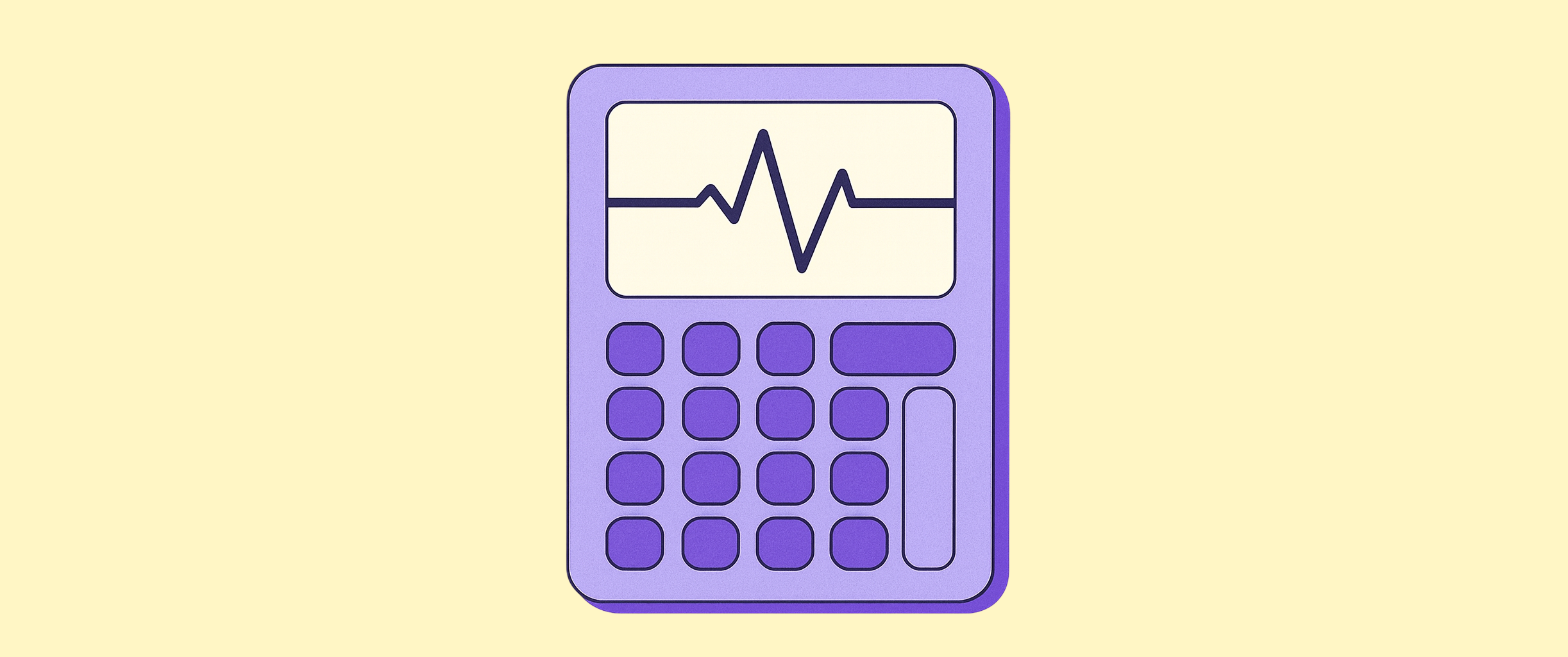Health insurance vs. life insurance
If you're looking for protection, get clear on which type of insurance you need before you sign up.

Health Insurance vs Life Insurance: Key Differences You Need to Know
Like turtle and tortoise (or cold and flu), health insurance and life insurance are easy to mix up. They both sound similar, they protect you and your family, and they involve paying monthly premiums - but the way they work, and what you get in return, are very different. Here's a quick breakdown so you can make the right choice.
Health insurance: cover for when you're ill
Health insurance helps pay for private medical care if you get ill or injured. Instead of joining NHS waiting lists, you can access faster treatment, more choice of specialists, and often a private hospital room.
Common features of health insurance:
- Private GP consultations and specialist referrals
- Diagnostic tests and scans (MRI, CT, X-rays)
- Hospital stays and surgeries
- Mental health support
- Cancer treatments not always available on the NHS
Tip: You can choose the level of cover you want, add extras (like dental or optical), and sometimes include your partner or children on the policy.
Life insurance: financial protection for loved ones
Life insurance works differently - it doesn't pay you directly, but gives a lump sum to your family if you die during the policy term. It's about protecting those you leave behind.
Why people take out life insurance:
- To help pay off a mortgage after death
- To leave money behind for children or dependants
- To cover funeral costs
- To support a partner's income
- To avoid leaving debts behind
Tip: There are a few types of life insurance (term, whole-of-life, decreasing cover), but they all aim to keep your loved ones secure if the worst happens.
Summing up
In short: the choice between health and life insurance depends on your priorities. If you're looking for support while you're alive and dealing with illness, health insurance could be for you. If you're more focused on your family's future if you die, life insurance may be the way to go. And yes, many people choose to have both.
Frequently Asked Questions
Can I have both health and life insurance at the same time?
Yes, you can absolutely have both policies at once - and many people do. They serve completely different purposes. Health insurance is designed to help you access faster, more comfortable private medical treatment while you're alive. Life insurance pays out a lump sum to your loved ones if you pass away. If you're looking for full peace of mind, having both types of cover can protect you in more than one situation.

Is health insurance worth it if I already use the NHS?
The NHS provides excellent care, but it's no secret that wait times can be long, especially for non-urgent procedures or specialist referrals. Health insurance gives you quicker access to diagnosis and treatment, which can make a huge difference in both your recovery and peace of mind. It means you can choose where and when you're treated, often in a more private and comfortable place.

Does life insurance cover critical illness too?
Not by default. Standard life insurance only pays out when you die during the policy term. But you can add critical illness cover to many life insurance policies, often as a paid extra. This type of cover pays out a tax-free lump sum if you're diagnosed with a serious illness like cancer, heart attack, or stroke. It can help you cover bills, take time off work, or pay for treatment while you're still alive.

Which is cheaper - health or life insurance?
Life insurance is usually cheaper, especially if you're young and in good health. Policies can start from just a few pounds a month. Health insurance tends to cost more because you're more likely to use it regularly - especially as you get older. The price of both types of insurance depends on your age, health, lifestyle, and how much cover you choose. To get the best deal, it's worth comparing quotes from multiple providers

Do I need a medical to get insured?
Not always. Most insurers will ask you to complete a health questionnaire, and that's often enough. If you have a complex medical history, or you're applying for a high level of cover, they may request a medical exam or ask to see your GP records. For health insurance, pre-existing conditions might be excluded or come with a higher premium. With life insurance, your current health, age, and lifestyle (like smoking) can all affect what you're offered.


The details shown are for illustration only and may not include all lenders or products. Actual rates and terms depend on your circumstances and the lender’s assessment. Information was correct at publication but may change at any time.





